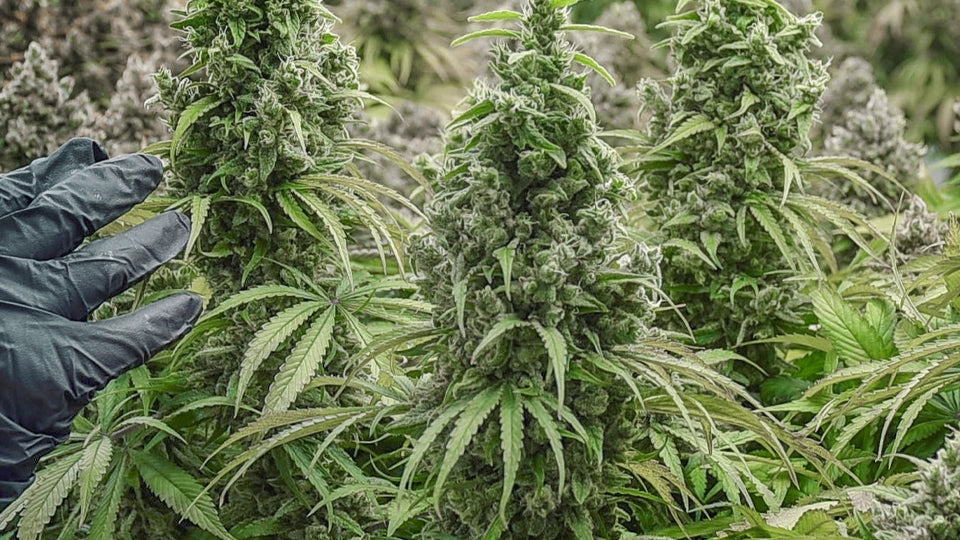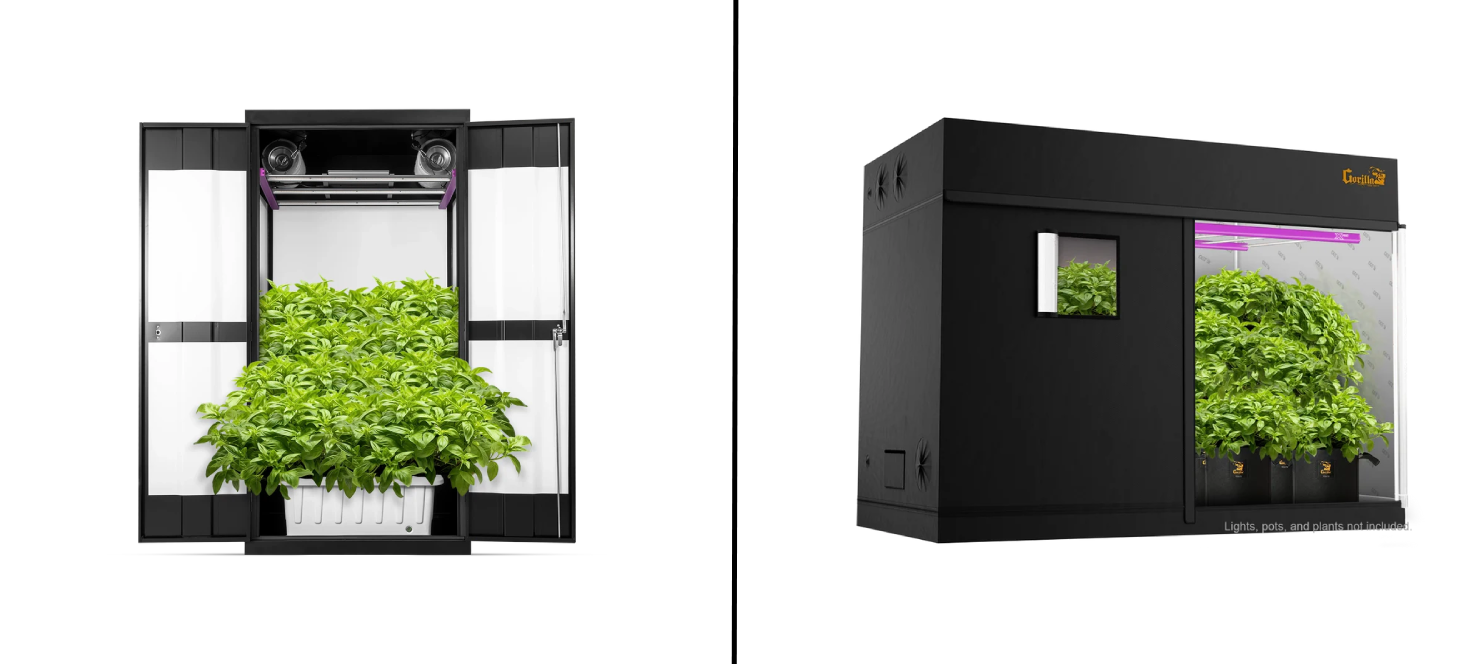Hydroponic Greenhouses: Revolutionizing Sustainable Agriculture
Hydroponic Greenhouses: Cultivating Abundance Sustainably
Hydroponic greenhouses, an innovative fusion of modern technology and sustainable practices, are revolutionizing the way we grow food. By harnessing the power of water and nutrient-rich solutions, hydroponics offers a compelling alternative to traditional soil-based agriculture.
In this blog post, we delve into the world of hydroponic greenhouses, exploring their benefits, applications, and potential to transform the future of food production.
Unveiling the Benefits of Hydroponic Greenhouses
Hydroponic greenhouses stand out from traditional farming methods by offering a multitude of advantages:
Commercial Food Production: Hydroponic greenhouses have gained prominence in commercial food production, particularly for high-value crops such as leafy greens, tomatoes, strawberries, and cucumbers. The controlled environment and precise nutrient delivery optimize plant growth, resulting in larger, healthier, and more flavorful produce.
Indoor Farming: Urbanization has led to a growing demand for fresh, locally sourced produce. Hydroponic greenhouses, with their ability to thrive indoors, are ideally suited for urban farming. They can be strategically located within city limits, reducing transportation costs and delivering fresh produce directly to consumers.
Research and Education: Hydroponic greenhouses serve as invaluable tools for research and education in the field of plant science. The controlled environment allows researchers to study various aspects of plant growth, nutrient uptake, and stress responses, providing valuable insights into crop optimization and sustainable agricultural practices.
Vertical Farming: Hydroponic systems are well-adapted for vertical farming, where crops are grown in vertically stacked layers. This space-efficient approach maximizes crop production in urban areas with limited land availability.
Year-Round Production: Unlike traditional soil-based agriculture, hydroponic greenhouses can facilitate year-round production, regardless of external weather conditions. This ensures a consistent supply of fresh produce, even during unfavorable seasons, and enhances food security.
Reduced Pesticide Use: The controlled environment of hydroponic greenhouses minimizes the risk of pest and disease infestations, reducing the need for harmful pesticides. This promotes sustainable agricultural practices and protects the environment.
Water Conservation: Hydroponic systems utilize a closed-loop system, recycling and reusing water efficiently. Compared to traditional agriculture, hydroponics significantly reduces water consumption, making it a valuable solution in water-scarce regions.
Improved Crop Quality: The controlled nutrient delivery in hydroponic systems ensures that plants receive the optimal balance of essential nutrients, leading to healthier, more flavorful, and nutrient-rich crops.
Reduced Labor Requirements: Automated systems can be integrated into hydroponic greenhouses to manage nutrient delivery, environmental control, and pest monitoring, reducing labor requirements and increasing efficiency.
Scalability: Hydroponic greenhouses can be scaled up or down to suit various production needs, making them adaptable to both small-scale and large-scale operations.
Exploring Hydroponic Greenhouse Applications
Hydroponic greenhouses have found diverse applications, catering to various needs and crop types:
Commercial Food Production: Hydroponic greenhouses are increasingly adopted for commercial production of high-value crops, such as leafy greens, tomatoes, and strawberries.
Indoor Farming: Hydroponic systems are well-suited for indoor farming, allowing year-round cultivation in controlled environments.
Urban Agriculture: Hydroponic greenhouses can bring fresh produce closer to urban centers, reducing transportation costs and promoting sustainable food systems.
Research and Education: Hydroponic greenhouses serve as valuable tools for research and education, providing insights into plant growth and sustainable agriculture practices.
Delving into Hydroponic Techniques: A Variety of Approaches
Hydroponic gardening encompasses a diverse range of techniques, each with unique advantages and applications. Let's explore some of the most common hydroponic methods:
Deep Water Culture (DWC):
DWC systems suspend plant roots in a nutrient-rich water solution, allowing for continuous exposure to nutrients and oxygen. This method is highly efficient and well-suited for leafy greens and herbs.
Nutrient Film Technique (NFT):
NFT systems circulate a shallow layer of nutrient-rich water along a channel, providing plants with a continuous supply of nutrients and oxygen. This method is ideal for crops that require minimal root space, such as strawberries and lettuce.
Ebb and Flow:
Ebb and flow systems alternate between periods of flooding the plant roots with nutrient solution and draining it back into a reservoir. This method is effective for a variety of crops, including tomatoes, peppers, and cucumbers.
Drip Irrigation:
Drip irrigation systems deliver a precise amount of nutrient solution directly to each plant root, reducing water evaporation and nutrient loss. This method is particularly beneficial for greenhouses in dry climates.
Aeroponics:
Aeroponics systems spray fine mists of nutrient-rich water directly onto plant roots, providing exceptional oxygen and nutrient delivery. This method is highly productive and well-suited for high-value crops, such as leafy greens and herbs.
Choosing the Right Hydroponic Technique
The choice of hydroponic technique depends on various factors, including crop type, space availability, desired yield, and grower experience. Experimenting with different techniques can help determine the most suitable approach for specific needs and preferences.
Crafting the Perfect Hydroponic Environment
Optimizing the hydroponic environment is crucial for achieving optimal plant growth and ensuring a thriving greenhouse operation. Here are some key factors to consider:
Temperature Control: Maintain a consistent temperature range suitable for the specific crops grown.
Light Intensity: Provide adequate light for photosynthesis, especially during the vegetative and flowering stages.
Moisture and Humidity: Maintain proper moisture levels to prevent dehydration without causing excessive moisture buildup.
Air Circulation: Ensure adequate air circulation to prevent pests and diseases and promote healthy plant growth.
Regular monitoring and adjustment of these environmental parameters are essential for maintaining a healthy and productive hydroponic greenhouse.
Nurturing Hydroponic Crops: Achieving Optimal Growth and Harvest
Nurturing hydroponic crops requires careful attention to their nutrient and water needs, as well as regular monitoring for pests and diseases. Here are some essential practices for successful hydroponic gardening:
Nutrient Solution Management: Regularly monitor and adjust the nutrient solution to ensure the appropriate balance of nutrients for the specific crops grown.
Water Quality Control: Ensure the water used in hydroponic systems is of high quality and free from contaminants that could harm plants.
Pest and Disease Prevention: Implement preventive measures, such as biological controls and careful monitoring, to minimize the risk of pests and diseases.
Harvest Timing: Harvest crops at the optimal stage of maturity, ensuring flavorful and nutritious produce.
Harnessing the Future of Food Production
Hydroponic greenhouses represent a transformative shift in agricultural practices, offering a sustainable and efficient approach to food production. As the world faces challenges of climate change, population growth, and resource scarcity, hydroponics holds immense promise. By embracing this innovative technology, we can cultivate abundance, nourish our communities, and safeguard the planet for future generations.




